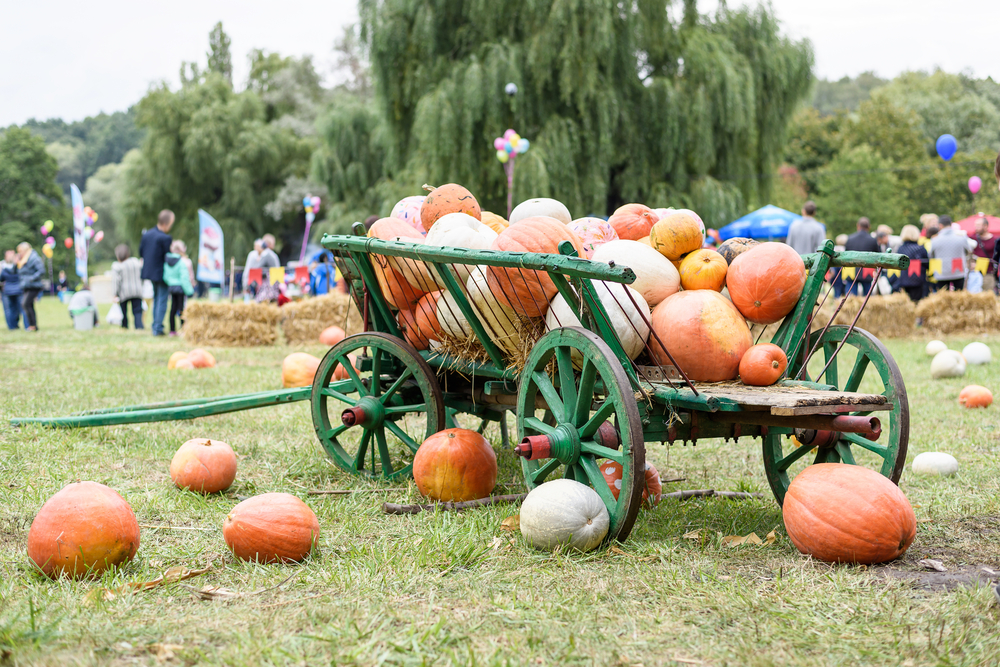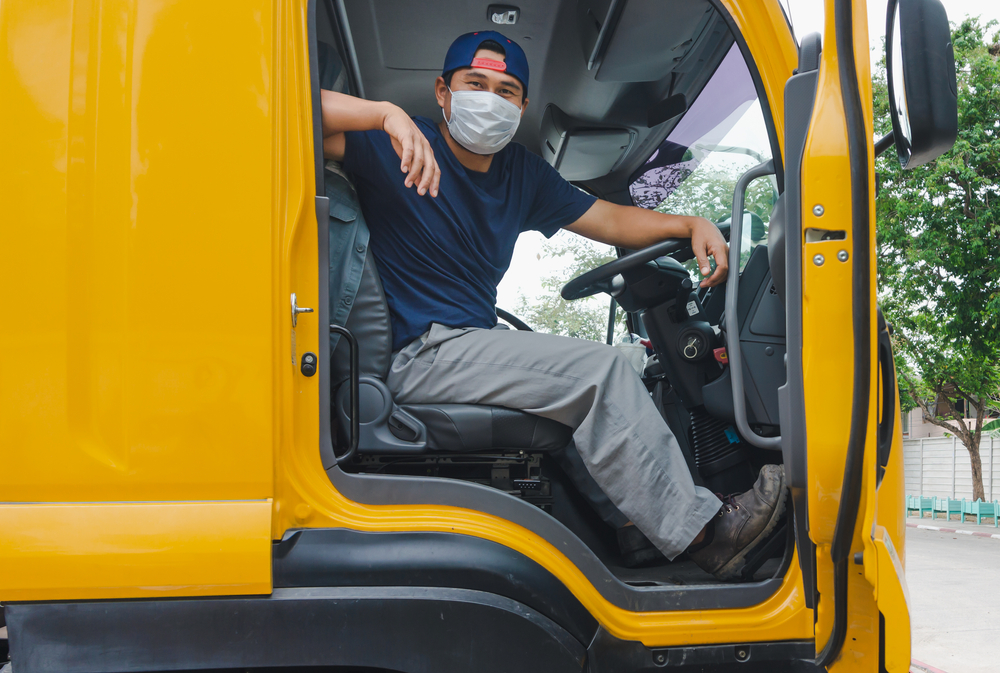
5 Spring Driving Safety Tips for Truckers
December 30, 2021
Things to Do in Elk Grove (And Other Cool Facts)
March 29, 2022Recently updated on February 22nd, 2024
Since March 2020, the world has been rocked by the COVID-19 pandemic. Millions of people have been infected. And while the vast majority have recovered, sadly, many have died as a result of the virus.
While COVID-19 numbers are dropping in many parts of the world, the virus itself is still a clear and present danger. Truckers may be more vulnerable to the virus simply because they travel more than workers in other industries. With that in mind, how can you effectively protect yourself and others as you do your job?
In this article, we’ll discuss what COVID-19 is, how it spreads, and what you can do to keep yourself and others safe while you’re on the road.
What is COVID-19?
According to Washington D.C.’s official government website, COVID-19 is “a new strain of coronavirus that has not been previously identified in humans … Coronaviruses are a large family of viruses that are known to cause illnesses ranging from the common cold to more severe diseases such as Severe Acute Respiratory Syndrome (SARS) and Middle East Respiratory Syndrome (MERS).”
COVID-19 was first detected in Wuhan, China, in late 2019 and exploded into a worldwide pandemic in March 2020. Typical COVID-19 symptoms, which may appear anytime from 2 to 14 days after exposure, include:
- Fever
- Headache
- Sore throat
- Cough
- Loss of taste or smell
- Shaking with chills
- Shortness of breath
- Muscle pain
How does COVID-19 spread?
The COVID-19 virus is primarily an airborne disease. According to the CDC, it is transmitted in 3 main ways:
- Breathing in the air when close to an infected person who is exhaling small droplets and particles that contain the virus.
- Having these small droplets and particles that contain viruses land on the eyes, nose, or mouth, especially through splashes and sprays like a cough or sneeze.
- Touching eyes, nose, or mouth with hands that have the virus on them.
In some cases, COVID-19 has even spread from people to animals, such as cats and dogs. However, there is no evidence that indicates the virus is transmitted by drinking contaminated water or eating contaminated food.
How can you keep yourself and others safe from COVID-19?
If you are a truck driver who has to travel long distances for work, you may be more susceptible to COVID-19 exposure than workers in other industries. For example, you may take breaks at several truck stops, interact with other OTR drivers, and even spend some time in hotels. All of these activities could result in contracting COVID-19.
The question is: How can you protect yourself and others from catching the virus? Here are some suggestions that can help:
1. Consider getting vaccinated.
According to the CDC, getting vaccinated is the best way to slow the spread of COVID-19. In fact, the CDC recommends vaccination even for people with weakened immune systems. Even if you experience a “breakthrough infection,” it’s likely that the symptoms you experience will be much less severe compared to someone who’s not vaccinated. If you are already vaccinated, make sure that you’re up to date on your booster shots.
2. Wear a comfortable but well-fitted mask.
The CDC also recommends wearing a mask indoors in areas where the COVID-19 transmission rate is high. Your mask should fit well, offer maximum protection, and also be comfortable.
Granted, there are many situations in which you won’t need to wear a mask. For instance, if you’re driving by yourself (or with a spouse), you shouldn’t wear a mask inside your truck. And it’s generally not necessary to wear a mask in outdoor spaces, such as at rest stops, parks, etc. However, it’s a good idea to have a mask on hand in case you run into a situation that does call for wearing a mask to ensure everyone’s safety.
3. Maintain social distancing.
It’s strongly recommended that you maintain a distance of at least 6 feet between yourself and someone who may be sick (and that distance may increase to 10 feet or more if the other person is coughing or sneezing). Maintaining social distance is especially important if you have a compromised immune system and are at greater risk of getting sick than the average person.
With this in mind, consider resting in your truck instead of indoor areas, at least for small breaks. Also, if practical, try to identify less crowded stores and spaces and buy any supplies that you need from them. In addition, seek out buildings that have good ventilation and fresh air from the outside.
4. Self-test for COVID.
There are several COVID self-tests on the market that you can buy (or even get for free). If you know whether you currently have COVID-19, then it can motivate you to be extra careful in your interactions with others on the job. In fact, testing positive for COVID typically calls for a person to remain in quarantine for at least a few days, if not a couple of weeks.
Whether that’s your company’s policy or not, knowing your personal status, and communicating that to others, can help keep everyone safe.
5. Wash your hands completely and frequently.
It’s very important that you wash your hands for at least 20 seconds after you’ve been in a public place or after blowing your nose, sneezing, or coughing. Make sure that you cover the entire area of your hands, even past the wrists. If you can’t wash with soap and water, make sure that you have hand sanitizer that contains at least 60% alcohol. Again, cover all surfaces of your hands, and rub them together until they are dry.
If you follow these suggestions, then your odds of getting sick (or getting others sick) will drop dramatically. At LubeZone, we take health and safety very seriously. When you stop at one of our lube centers, you can count on us to take all reasonable precautions to prevent the spread of COVID-19, as well as any other infectious disease. For more trucker safety tips, check out the Long-Haul Survival Guide.



